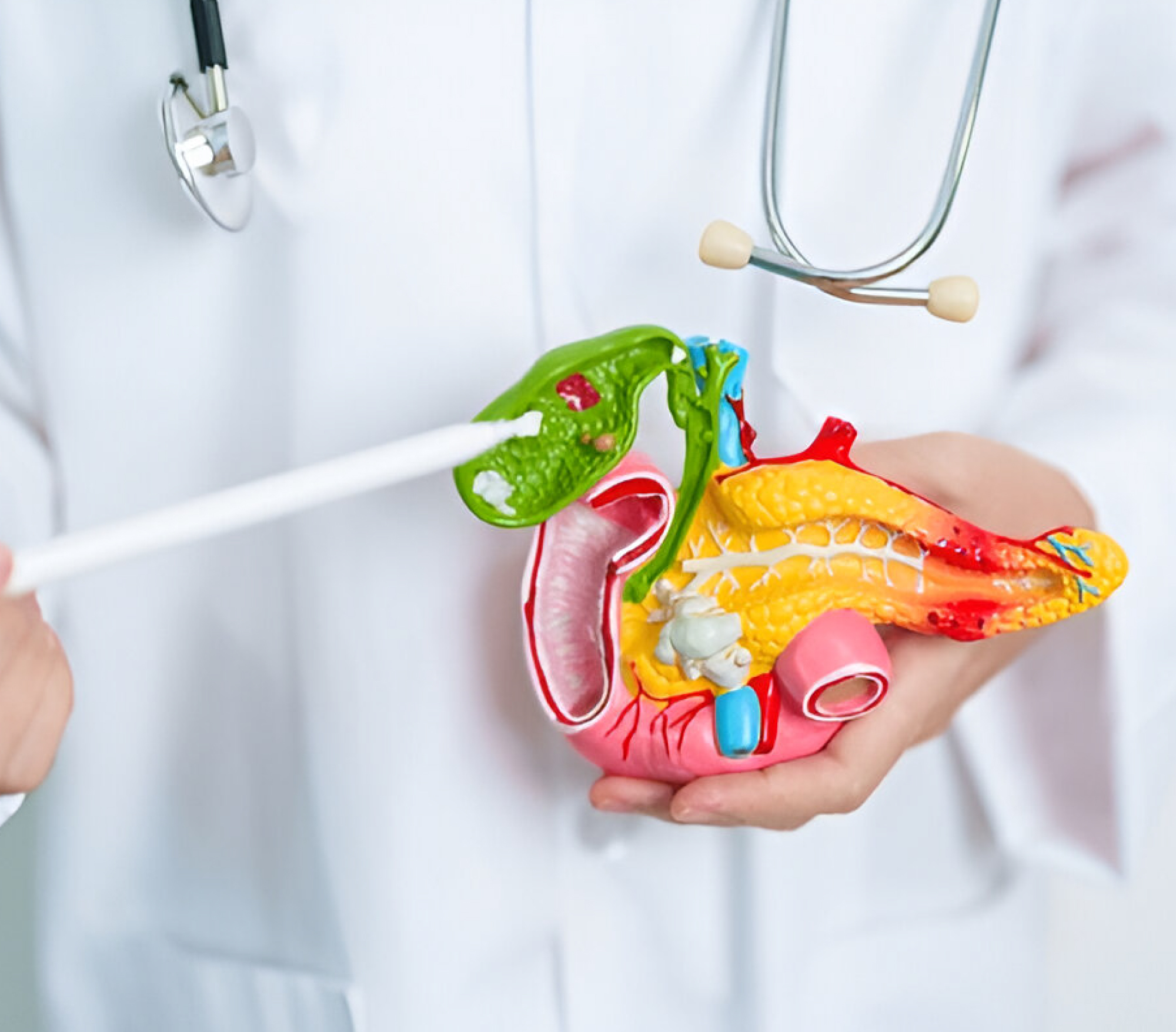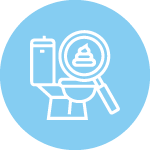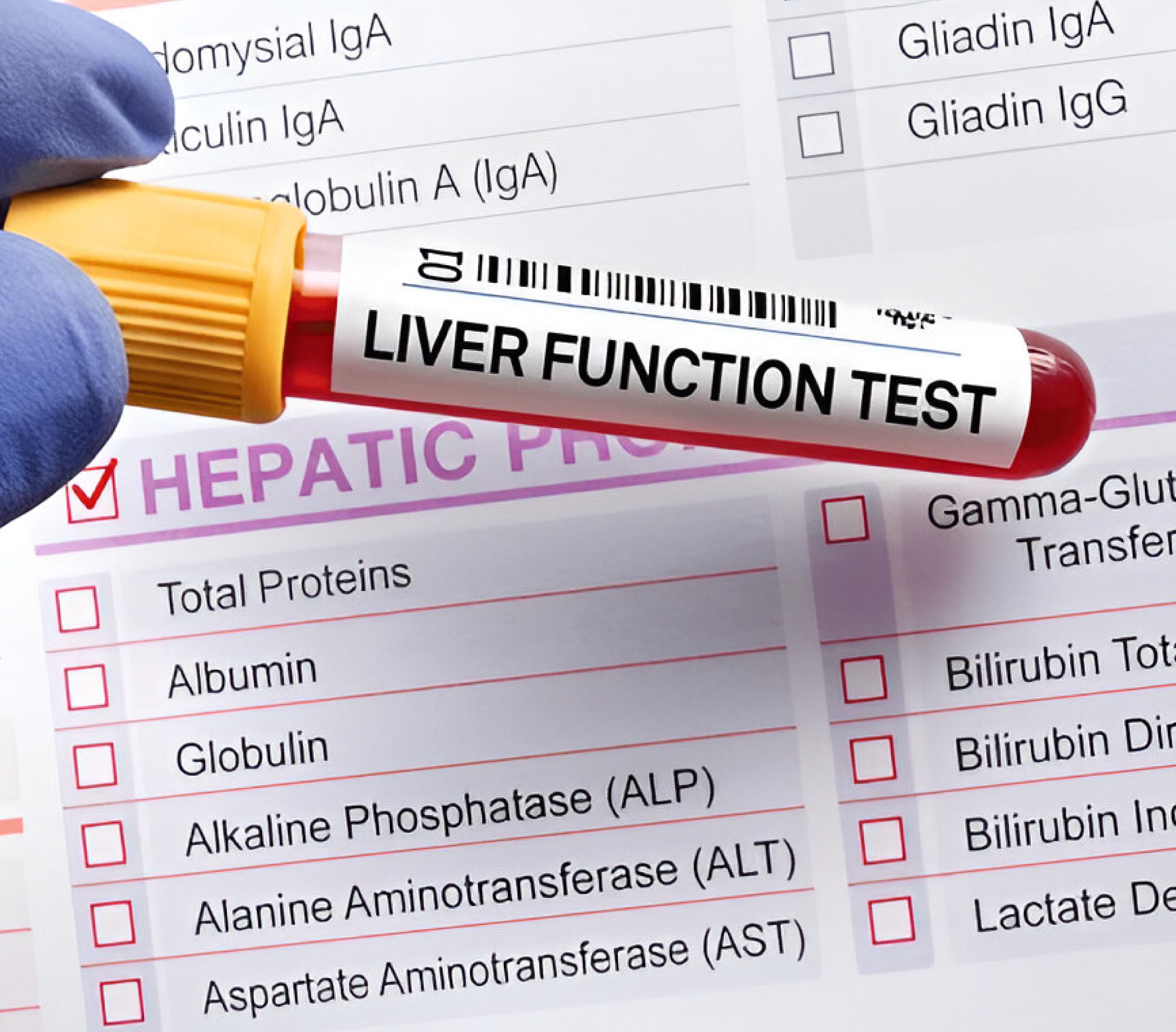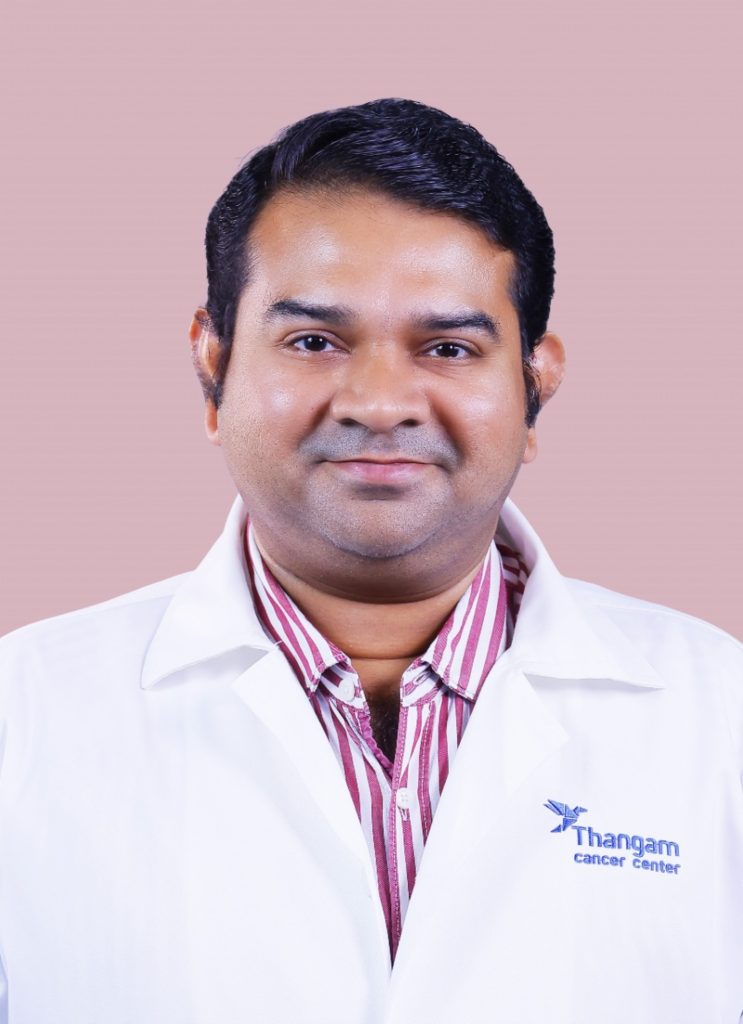Gallbladder cancer treatment
Gallbladder Cancer Treatment at Thangam
Gallbladder Cancer Treatment Options
Gallbladder Cancer Surgical Treatment
Gallbladder Cancer Chemotherapy Treatment
Gallbladder Cancer Radiation Treatment
Gallbladder Cancer Risk Factor Treatment
Gallbladder Cancer Diagnostic Treatment
Gallbladder CANCER
Gallbladder cancer care at Thangam cancer center
Gallbladder cancer is a rare but aggressive form of cancer that begins in the tissues of the gallbladder, a small pear-shaped organ located beneath the liver.
The gallbladder’s primary function is to store and concentrate bile—a digestive fluid produced by the liver—before releasing it into the small intestine.
At Thangam Cancer Center, we offer comprehensive diagnostic tools and expert surgical oncology care to treat gallbladder cancer at all stages, with a focus on early detection, curative surgery, and supportive therapies.


What Is Gallbladder Cancer?
Gallbladder cancer occurs when cells in the gallbladder begin to grow uncontrollably. It is the most common malignancy of the biliary tract and is often diagnosed at an advanced stage due to its non-specific symptoms and silent progression.
- Higher incidence in women
- Risk increases with age
- Often detected incidentally during or after gallbladder surgery (cholecystectomy)
- Advanced-stage disease is frequently associated with poor prognosis, especially when jaundice is present
Symptoms of Gallbladder Cancer
Gallbladder cancer symptoms often go unnoticed in the early stages. As the disease progresses, the following signs may appear:

Persistent pain in the upper right side of the abdomen

Unexplained
weight loss

Ongoing nausea or
vomiting

Jaundice (yellowing of the skin and eyes)

Dark-colored
urine

Loss of
appetite

General fatigue or
weakness

Pale or clay-colored
stools

A lump or swelling in the abdomen
Risk Factors for Gallbladder Cancer
Several conditions increase the risk of developing gallbladder cancer:
- Gallstones (Cholelithiasis) – most common risk factor; larger stones pose greater risk
- Porcelain Gallbladder – calcification of the gallbladder wall
- Gallbladder Polyps – especially those >1 cm
- Chronic Gallbladder Infections – including typhoid
- Anomalous Pancreaticobiliary Junction
- Primary Sclerosing Cholangitis
- Family history or genetic predispositions


Diagnosis and Evaluation
At Thangam Cancer Center, we use advanced imaging and lab diagnostics to confirm and stage gallbladder cancer, which is essential for deciding the right treatment strategy.
Investigations Include:
Liver Function Tests (LFTs)
To check for biliary obstruction or liver involvement
Ultrasonogram (USG Abdomen)
Often the first imaging test; may detect mass or thickening
Contrast-Enhanced CT (CECT) or MRI Abdomen
To evaluate tumor extent, lymph node involvement, and metastasis
PET-CT Scan
For whole-body cancer staging
MRCP or ERCP
For detailed imaging of the bile ducts and checking for invasion
Tumor Markers
CA 19-9 and CEA may assist in diagnosis and follow-up, though not highly specific
Preventive Measures & Early Detection
While not all risk factors can be eliminated, certain steps can reduce the risk of gallbladder cancer:
- Early treatment of gallstones or gallbladder polyps
- Monitoring for high-risk conditions like porcelain gallbladder
- Regular health checkups in high-risk individuals (especially women over 50)
- Adopting a healthy, balanced diet and maintaining ideal body weight
- Avoiding chronic infections and seeking timely care for digestive issues

Treatment Options for Gallbladder Cancer
Treatment depends on the stage of the disease, tumor spread, and the patient’s general health. Our team at Thangam Cancer Center develops personalized treatment plans tailored to each individual.
- Simple Cholecystectomy – Suitable for very early-stage cancers confined to the gallbladder lining
- Radical Cholecystectomy – Includes removal of the gallbladder, parts of the liver, surrounding bile ducts, and nearby lymph nodes. Recommended when the cancer has invaded deeper layers or nearby organs.
- Used after surgery (adjuvant chemotherapy) to reduce the risk of recurrence
- Also used in advanced or inoperable cases to slow disease progression and control symptoms.
Not commonly used but may be considered in conjunction with chemotherapy for palliative relief in advanced cases.
In select cases of advanced gallbladder cancer, therapies that target specific cancer cell markers or boost the immune system’s response may be beneficial
These treatments are especially helpful in patients with molecular mutations or HER2-positive tumors.




